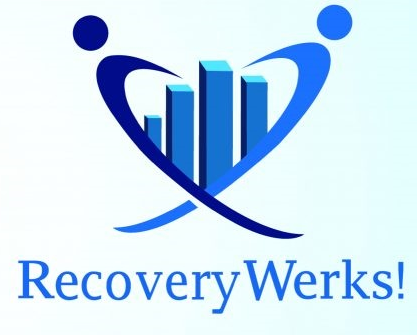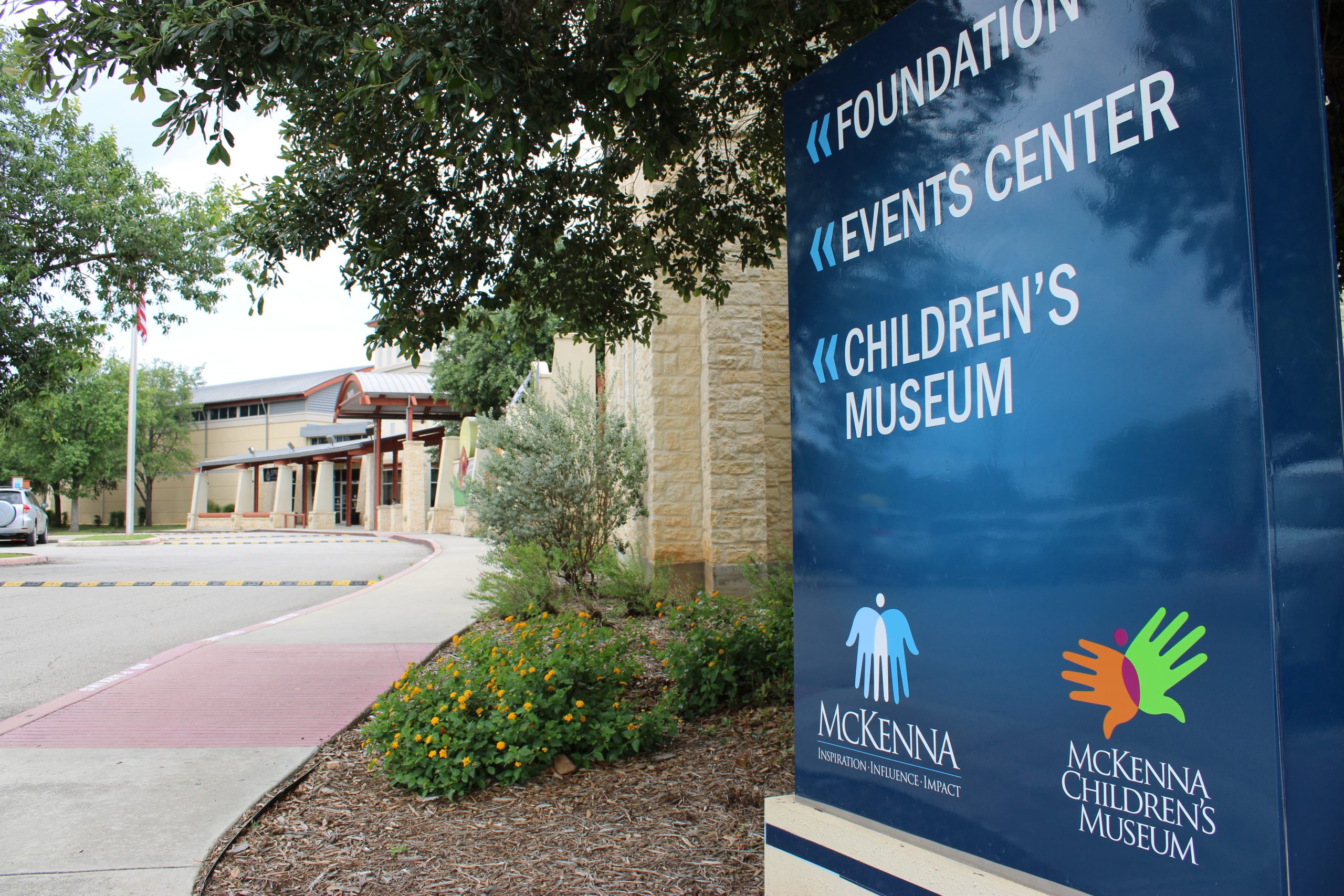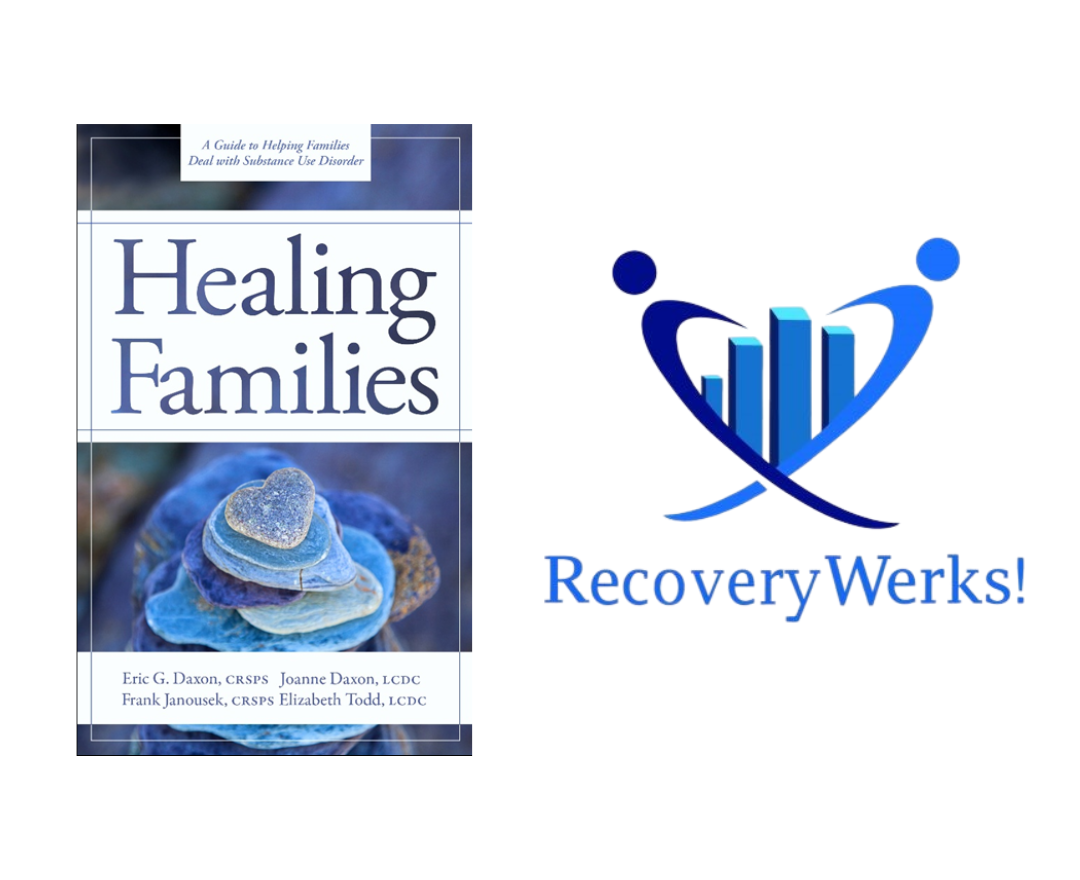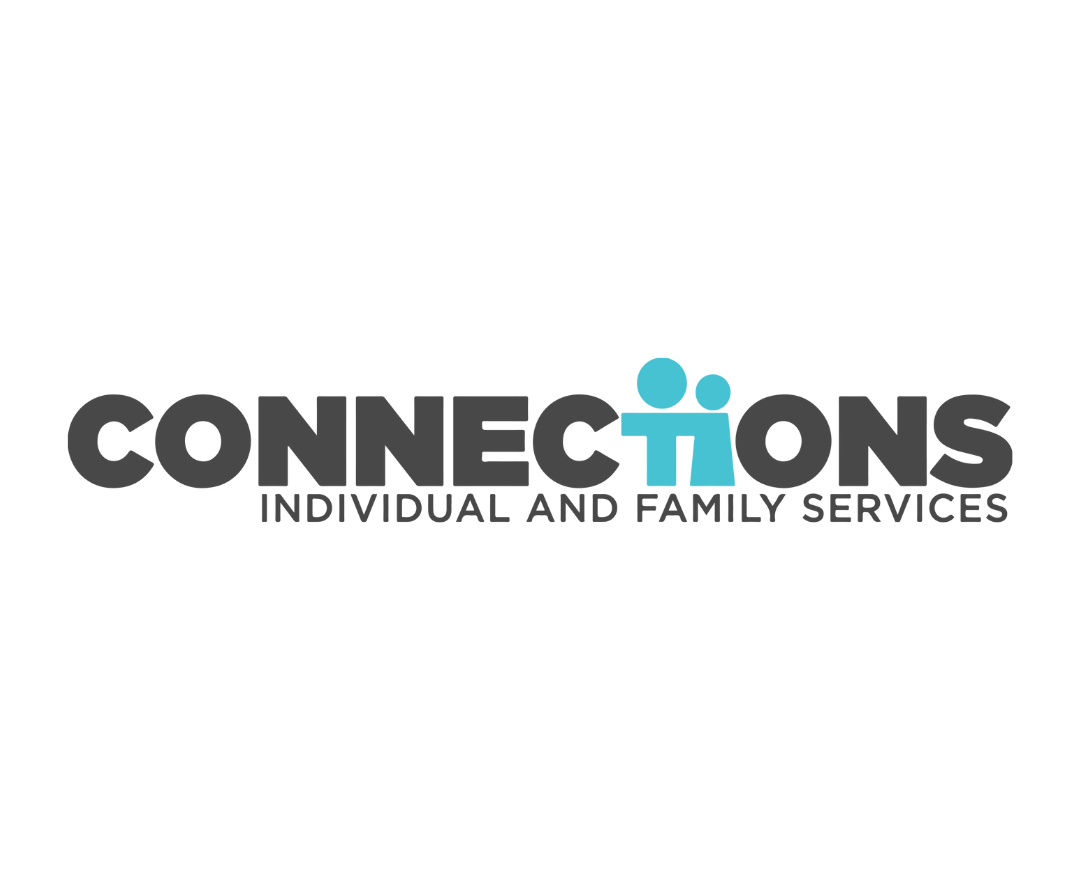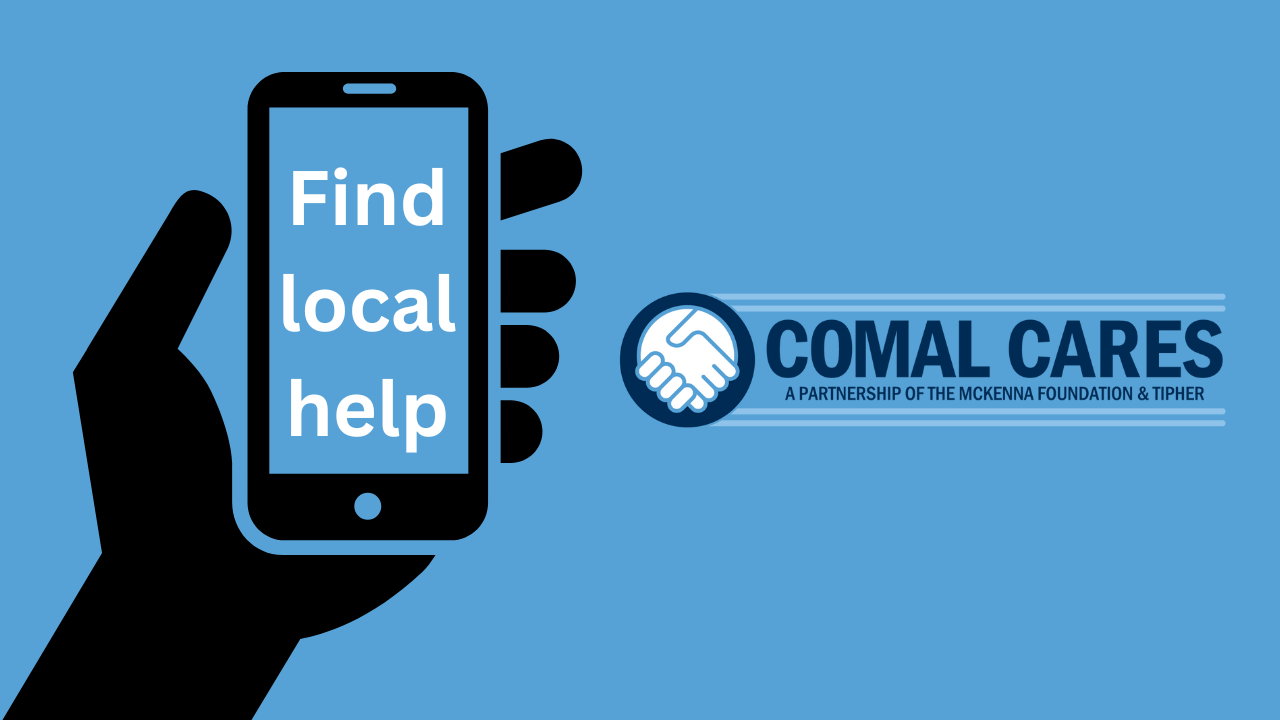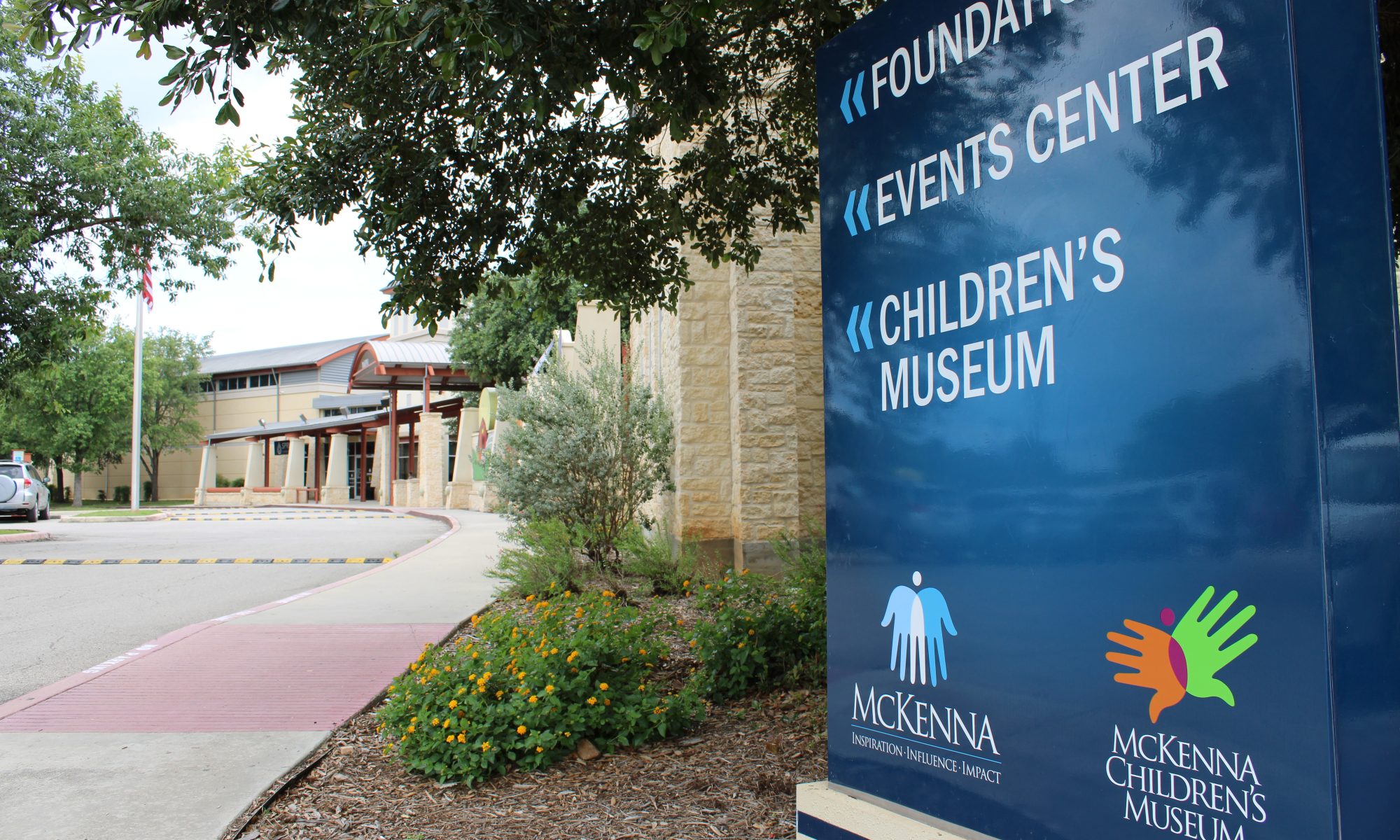Holley Digby is a Licensed Marriage and Family Therapist and the Director of Mental Health and Wellness for Communities In Schools of South Central Texas.
Connections grows mental health services with Affordable Rate Counseling Program
Connections Individual and Family Services is expanding its mental health services in Comal County with its new Affordable Rate Counseling (ARC) Program, which is available to residents of all ages at a flat rate of $45 per session.
Through the ARC Program, individual counseling sessions with a licensed professional are available in person at Connections’ New Braunfels and Bulverde offices, as well as virtually.
“The Affordable Rate Counseling Program was created to extend our therapeutic services to reach all populations,” said Chief Clinical Officer Micki Matthews. “Our goal is to provide more affordable options for mental health and well-being to everyone in our community in a safe, nonjudgmental space for clients.”
According to the McKenna Foundation, one in five Comal County residents face a mental health need, yet there are 590 residents to every one mental health care provider. The ARC Program helps address the need for high-quality, affordable care in the local area, particularly for adults.
To request a counseling appointment, an individual can fill out the online form available at www.connectionsifs.org/counseling-referral. Once the referral is submitted, a counselor will be in touch to schedule the first appointment.
Connections has been providing counseling services in Comal County since 1985 and is a known mental health provider to youth and their families. The services Connections provides through the Family and Youth Success program, designed for youth ages 6-17 and their families, are made possible through a partnership with the Texas Health and Human Services Commission and are not affected by this new program.
For more information about Connections, its counseling program and other services, visit www.connectionsifs.org or call 830-629-6571.
RecoveryWerks! to launch Adolescent Intensive Outpatient Program
RecoveryWerks!, a cornerstone of recovery services in New Braunfels and Comal County since 2015, is expanding its mission to support teens and families affected by substance use with the launch of a groundbreaking new program.
This fall, the local non-profit will introduce Comal County’s first and only Adolescent Intensive Outpatient Program (IOP), a structured and evidence-based treatment model designed specifically for young people navigating substance use challenges.
Bridging the gap between inpatient care and traditional outpatient services, an Intensive Outpatient Program is a form of treatment that provides several hours of therapy and support each week while allowing participants to continue with daily life. The program offers a higher level of support without requiring residential treatment.
Until now, families seeking IOP for adolescents had no choice but to travel to San Antonio or Austin–creating barriers to timely and consistent care. Recognizing this gap, Recoverwerks! is stepping in to provide a local IOP solution. Backed by a deep knowledge of adolescent and family recovery and a strong network of partnerships, this new program is a significant step forward in the local continuum of care.
“We are extremely excited to launch this program,” said Program Director Zach Saunders. “In 2025 alone, we served over 360 individuals, and the demand continues to grow. With a large portion of referrals originating from local school districts, we knew it was time to launch the first state-approved Adolescent Intensive Outpatient Program in Comal County.”
With a team of peer recovery support specialists and licensed chemical dependency counselors, RecoveryWerks! currently offers a range of free peer-driven services. Unlike the existing Alternative Peer Group programs, the IOP will be a fee-based service with pricing based on the level of services provided. The program will feature personalized recovery treatment, with the pilot phase including up to nine hours per week of comprehensive services, such as educational sessions, one-on-one counseling and coaching, and group therapy.
“There just isn’t another program like this locally,” Saunders added. “It’s a meaningful addition not only to what we do at RecoveryWerks! but to the community as a whole.”
While the IOP gets underway, RecoveryWerks! continues to serve as a lifeline for those affected by substance misuse. If you or someone you know is struggling with substance misuse, weekly meetings are available at no cost: Teens meeting (up to age 18) are on Mondays and Wednesdays from 7:00 to 8:00 PM. Young adult meetings (18+) take place Wednesdays from 12:30 to 1:30 PM and Thursdays from 7:00 to 8:00 PM. Family member sessions are offered Mondays from 7:00 to 8:00 PM, Wednesdays at both 12:30 to 1:30 PM and 7:00 to 8:00 PM, and Thursdays from 7:00 to 8:00 PM. Sibling meetings are held on Mondays from 7:00 to 8:00 PM.
Begin your healing journey by visiting recoverywerks.org or calling (830) 310-2456. For more information on the Adolescent Intensive Outpatient Program, contact Program Director Zach Saunders at (830) 310-2585.
Stay up to date with RecoveryWerks! by following @recoverywerksnbtx on Instagram and @recoverywerks on Facebook.
McKenna Foundation invests over $1 million in first half of 2025
In the first half of 2025, the McKenna Foundation has committed over $1 million to advancing key initiatives that address crucial gaps in Comal County’s social infrastructure.
With a strategic focus on housing, behavioral health, and early childhood development, the Foundation is prioritizing areas of need to turn the community’s answer from “no, we can’t,” into “yes, we can.”
One significant investment this year was a $500,000 grant to NB Housing Partners for the expansion of its First Footing facility. This funding will help increase bed capacity by over 48%, ensuring more of our neighbors experiencing homelessness have access to safe shelter.
The expansion also increases housing-focused services and dedicates space for both physical and mental health care.
“This project is a turning point for our community,” said NB Housing Partners Executive Director Kellie Stallings. “In the last year, the waiting list for shelter has doubled, and this expansion will help improve our community’s responsiveness to address housing crises. Construction is already underway, and more beds will be ready to address community needs close to the end of 2025. Case management and indoor dining space will be added later in 2026.”
The Foundation has also approved more than $480,000 in grants to local organizations working to improve access to affordable and high-quality behavioral and mental health services.
The New Braunfels Youth Collaborative received $225,000 to launch a youth wellness program that will provide low-barrier mental health resources to youth aged 11-18. New Braunfels Christian Ministries’ Volunteers in Medicine was awarded $50,000 to introduce on-site counseling services, equipping patients with the tools to improve their behavioral health.
Receiving over $208,000 in funding, Connections Individual and Family Services also plans to expand its Community Counseling program, offering low-cost services to young adults, parents, and other underserved populations.
Also recognizing the foundational role of early childhood development in the health and economic growth of our community, the Foundation’s Board of Trustees has committed $100,000 annually for three years to support the Early Matters New Braunfels initiative. This funding will help fund the leadership of the program, expand its resources, and raise awareness about the importance of high-quality and accessible childcare.
With over $1 million committed to local nonprofits so far in 2025 alone, the McKenna Foundation has invested more than $31 million in projects and programs that enhance the health and well-being of New Braunfels and Comal County over the last 16 years. As the year progresses, the Foundation looks forward to continuing its legacy and strategically investing in our community.
To learn more about the Foundation’s community investment framework and work plans, please visit the McKenna Foundation website at www.mckenna.org. Follow McKenna on Instagram @mckennafoundation.
Comal County Proclaims September as National Recovery Month
In a show of support for substance misuse recovery, the Comal County Commissioners Court has proclaimed September as National Recovery Month.
This nationwide observance highlights the importance of recovery, honors those who are on the journey, and celebrates the communities and providers who make it all possible.
Locally, RecoveryWerks! has become a cornerstone of that mission–supporting teenagers and young adults along their recovery journey. With a team of state-certified peer recovery support specialists and licensed chemical dependency counselors, the New-Braunfels-based nonprofit offers a range of peer-driven services, including counseling, peer coaching, support groups, sober activities, and accountability. All to help young people build lives free from the influence of mind-altering substances.
As National Recovery Month marks its 36th anniversary, RecoveryWerks! is inviting the public to a celebration of recovery and community. The event will take place on Friday, September 12, 2025, from 6:30 to 10:00 PM at 790 Landa Street in New Braunfels.
This year’s theme, “Recovery is REAL: Restoring Every Aspect of Life,” will be brought to life through a Family Fun and Outdoor Movie Night. The free event will feature a screening of Inside Out 2, a giant waterslide, music, games, prizes, food trucks, and community resources.
Guests will also have the opportunity to tour the RecoveryWerks! facility and learn more about the organization’s impact.
“We are so excited to invite the public to a night of celebration for National Recovery Month,” said RecoveryWerks! Executive Director Deborah Dickensheets. “Bring your friends, families, and neighbors—come connect and celebrate!”
Families are encouraged to bring lawn chairs and blankets for the evening. The event is open to all and serves as a reminder that recovery is not only possible but it can be vibrant, transformative, and rewarding.
For more information about RecoveryWerks! or the Family Fun and Outdoor Movie Night, visit www.recoverywerks.org.
A lifeline for mental health: Understanding 988 and community efforts
Since 2014, the McKenna Foundation has heard from the community and local nonprofit partners, recognizing the need to expand mental health services in Comal County. In response, the Foundation launched the Behavioral Health Leadership Team (BHLT), bringing together mental health experts, law enforcement, school districts, and civic leaders to address these challenges.
Since its first meeting, the BHLT has driven the creation of Mental Advocacy Partners (mapcomal.org), an online and in-person resource that connects individuals to professionals who offer help and hope. In 2015, the coalition introduced the Mobile Crisis Outreach Team (MCOT), a dedicated team of professionals available 24/7 to assist those experiencing a mental health crisis. Most recently, the BHLT sparked the development of an online resource directory, Comal Cares (comalcares.org), which launched in November 2024.
In April 2025, the BHLT reconvened to focus on substance misuse, sparking a discussion about 988, a vital but often overlooked resource.
Introduced in 2022, 988 serves as the nationwide dialing code for the Suicide and Crisis Lifeline. Functioning as the 911 of mental health emergencies, this resource connects callers to the help they need.
Since its launch, 988 has routed 14,568,848 contacts, according to the Substance Abuse and Mental Health Services Administration (SAMHSA). In February 2025 alone, the Suicide Abuse and Crisis Lifeline answered nearly 334,000 calls, with an average pickup time of 34 seconds and nearly 14 minutes of conversation per call.
Despite its critical role in providing mental health support, 988 faces funding challenges that would impact its ability to serve those in crisis. Budget proposals have suggested several cuts to 988 services, and without sustained investment, response times may increase, and specialized services, such as those for LGBTQ+ youth, could be eliminated entirely. These funding challenges also extend to the Veterans Crisis Line, where a shortage of mental health professionals and longer wait times could also have serious consequences.
As of now, however, mental health professionals are still available and ready to take your call, text, or chat.
For Veterans, active service members, and their loved ones: Dial 988, then press 1 to reach the Veterans Crisis Line (VCL). You can also text 838255 or chat online through VCL Chat.
For Spanish speakers: Dial 988, then press 2. You can also text AYUDA to 988, or start a chat in Spanish at chat.988lifeline.org.
For LGBTQI+ Youth and Young Adults: Dial 988, then press 3. You can also text PRIDE to 988, or chat at chat.988lifeline.org and select “LGBTQI+ trained crisis counselor.”
For Deaf and Hard-of-Hearing Individuals: Access 988 via videophone by visiting 988lifeline.org/deaf-hard-of-hearing-hearing-loss/ and clicking “Web Portal.”
No matter who you are or what you are facing, 988 is available 24/7, 365 days a year. You are not alone—help is just a call, text, or chat away.
Locally, the Mobile Crisis Outreach Team (MCOT) is also available 24/7, 365 days a year. If you or someone you know is in need of immediate in-person support, call MCOT directly at 1-877-466-0660. MCOT may also be deployed by dialing 988, if the trained mental health professional determines that an in-person response is necessary.
Other local mental health resources include: Hill Country MHDD (830-620-6221), RecoveryWerks! (830-310-2456), River City Advocacy (830-643-0200), Communities in Schools (830-620-4247), Mental Advocacy Partners (mapcomal.org), and Comal Cares (comalcares.org).
If you or someone you know is in immediate danger, dial 911.
RecoveryWerks! staff co-author book for Peer Coaches
Leading the charge in helping those in our community struggling with substance use disorder, New Braunfels-based nonprofit RecoveryWerks! has taken its expertise beyond the counseling room and into print.
Healing Families: A Guide to Helping Families Deal with Substance Use Disorder serves as a vital resource for peer coaches and families navigating the difficult path of addiction and recovery.
Written by RecoveryWerks! staff members Eric G. Daxon and Joanne Daxon, and their colleagues Frank Janousek and Elizabeth Todd, the book delivers practical strategies and compassionate guidance for those impacted by substance use disorder.
With decades of experience—both personal and professional— they provide insight into turning frustration and despair into hope and healing. Though the book is designed primarily for peer coaches, it also serves as a valuable tool for clinicians, sponsors, and family members who seek a deeper understanding of recovery.
Addressing a gap in addiction support, Eric G. Daxon, Certified Recovery Support Specialist and founding Board President of RecoveryWerks! said that the need for this book became clear through years of working with families affected by addiction.
“There are so many self-help books and books for clinicians working in addiction, but there are very few for peer coaches working with families,” Daxon said. “We wanted to document the approach we use to help family members.”
Healing Families highlights an integral part of the RecoveryWerks! culture, offering insight into the recovery philosophy of the Palmer Drug Abuse Program while also conveying an intellectual and “heart-understanding” of recovery.
Exploring how substance use disorder impacts every member of the family and providing practical tools for healing, readers will discover effective strategies for rebuilding lives, supporting a loved one’s sobriety, and establishing peer groups to foster recovery.
“We recognize that substance use disorder affects parents, grandparents, and guardians in unique ways. This book serves as a guide to engage the whole family in the recovery process. This, in our experience, is the best way to support those we love with this disease and bring about healing,” said co-author and licensed chemical dependency counselor Joanne Daxon.
Healing Families: A Guide to Helping Families Deal with Substance Use Disorder is now available on Amazon and most major online book retailers.
In addition to the book, RecoveryWerks! will also launch a four-part training series focused on working with family members affected by substance use. Stay tuned for updates by following @recoverywerksnbtx on Instagram or @recoverywerks! on Facebook.
With a dedicated team of state-certified peer recovery support specialists, RecoveryWerks! provides counseling, peer coaching, support group meetings, sober social activities, role modeling, and accountability to help young individuals embrace a life free from the influence of mind-altering chemicals.
If you or someone you love is struggling with addiction, visit www.recoverywerks.org or call (830) 310-2456 for support and resources.
Herald-Zeitung: Comal County Sheriff’s Office responded to more than 2,100 mental illness calls in 2024
During a meeting at the Comal County Sheriff’s Office, the Community Advisory Council for Hill Country Mental Health and Developmental Disabilities Centers heard updates on current mental health initiatives and challenges.
Herald-Zeitung: Second phase of Connections’ expansion to bring vital mental health resources to New Braunfels
The second phase of Connections’ expansion will enhance its mental health resources, increasing the number of counseling offices from six to 14. This phase also includes community resource areas, play therapy rooms, and a family conference space.
Comal Cares: Connecting residents with local resources
The McKenna Foundation is excited to introduce a significant addition to the New Braunfels and Comal County community: Comal Cares (comalcares.org).
The innovative online directory is designed to enhance the lives of our neighbors by connecting them with local resources and organizations that can assist them quickly and seamlessly.
Whether you are seeking assistance or helping someone who is, the free and user-friendly site provides a growing list of over 600 local programs to help you find the support you need.
The invaluable tool is a collaborative effort between the McKenna Foundation, TIPHER, and the San Antonio Community Resource Directory (SACRD), along with various community groups, nonprofits, and businesses dedicated to making supportive services easier to find and access.
“Comal Cares is the result of several months of development and the collaborative efforts of the McKenna Foundation, TIPHER, SACRD, and our dedicated community partners,” said McKenna CEO Alice Jewell. “It is not just a directory; it is a resource designed to foster a community of support and compassion. With this tool, we can build a stronger and more connected community, ensuring that everyone in New Braunfels and Comal County has access to the assistance they need.”
The comprehensive platform is essential not only for the general public but it also revolutionizes the numerous resource directories used by local organizations.
“Comal Cares is an invaluable resource for my work. I use this site weekly as I work with many individuals and families in the community. I have told so many people about the site and encourage them to check it regularly since it is constantly being updated. No more multiple resource lists on my desk that I was constantly having to update. This site is all I need!” said Holley Digby, Director of Mental Health and Wellness for Communities in Schools of South Central Texas.
Ashley Cammack, Mobile Integrated Health Specialist for New Braunfels Fire Department, also emphasized the significance of Comal Cares for the community.
“The user-friendly access to local resources with up-to-date information is incredible,” she said. “We run into patients who just aren’t familiar with the resources available to them. Once the need is identified, firefighters can also utilize the ‘share” button to text resource information to their patients, so that it is even more readily available to them. As a department, we are looking into ways to integrate Comal Cares into a QR code available on each of our ambulances.”
With over 600 programs available in the greater Comal County area, Comal Cares also features three specialized portals to help you find exactly what you need.
“The Housing Services, Mental Healthcare, and Love Should Not Hurt portals are designed to guide you to the right service or program, making your search more efficient and straightforward,” said Albert Ruiz of TIPHER.
Check out Comal Cares by visiting comalcares.org.
Need help navigating the site? Please click here.
You can also contact cares@mckenna.org for additional help.



